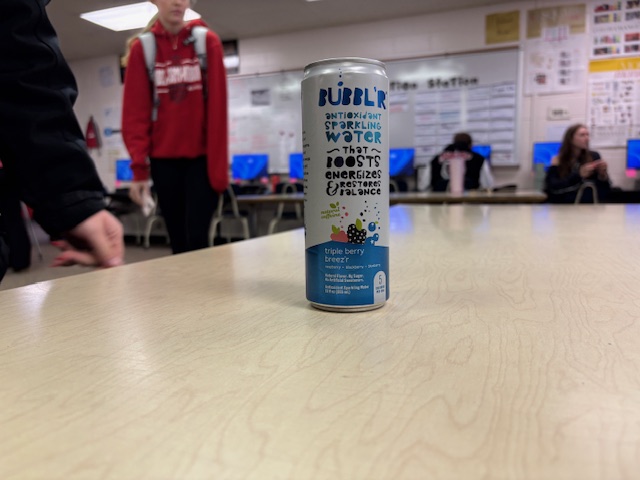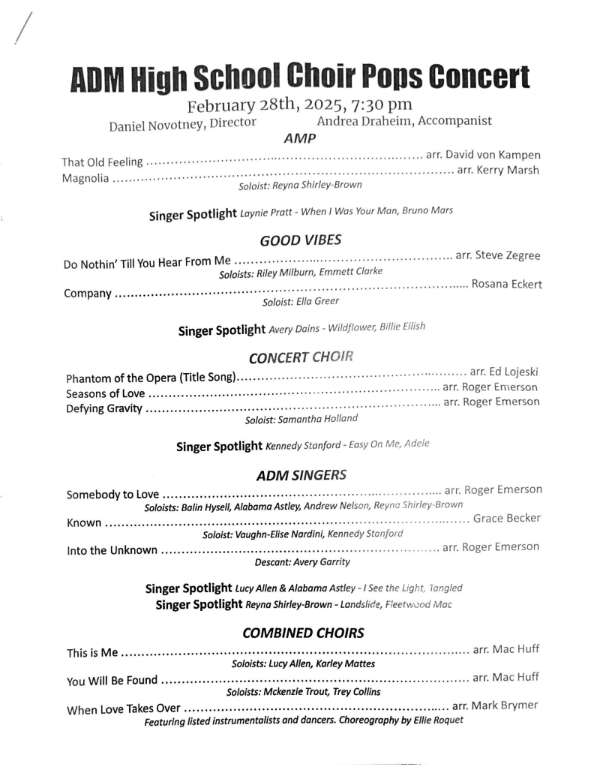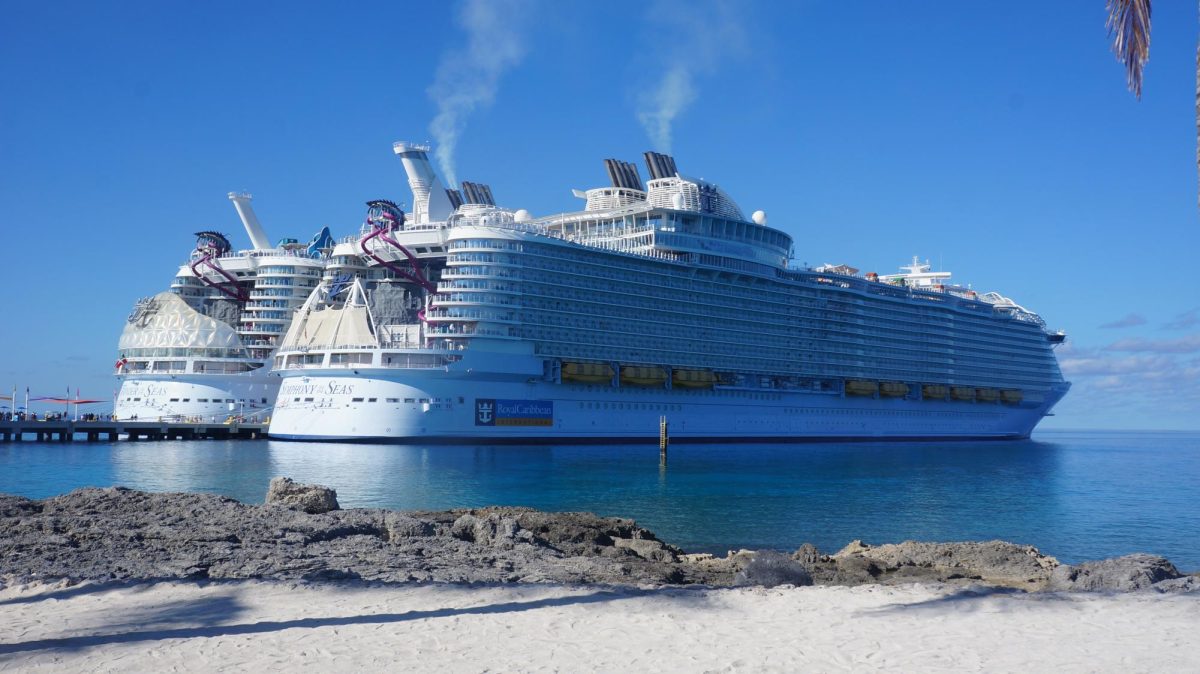“Essential Clean Energy, Increased Metabolism, Burns Body Fat…” these are the supposed benefits of energy drinks such as Celsius, Alani, and Monster. In the past few years the energy drink market has been on the rise. As these caffeine filled drinks become more popular the negative effects of them are increasingly causing health issues in teenagers and young adults.
A survey completed by some of our ADM students found that on average 29% percent of students found that caffeine effected their sleep schedule.
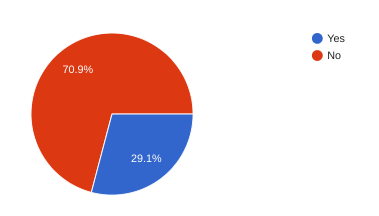
6% of students said they drink, on average, over 300 milligrams of caffeine each day, 15.8% drink between 200-300 milligrams, 25% drink 100-200 milligrams, 35% said they drink 50-100 milligrams, and 20% said they do not consume caffeine daily.
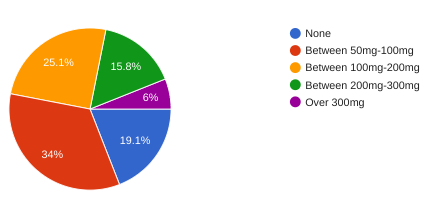
Around half of our student body that was surveyed said they drink energy drinks 1-2 times per day, one-third of our student body drinks them 3-4 times per day, and just under a third of students surveyed said they drink an energy drink over five days per week.
There was a wide variety of caffeinated beverages named, but the most popular were Monster, Alani , Celsius, C4, Reign, Bubblr, Red Bull, and Coffee beverages.
Some students shared that they prefer to drink coffee over energy drinks. Although, coffee is a nutrient dense plant that contains lots of antioxidants and vitamins, there are still risks to over consumption. Coffee is a very acquired taste that even many adults to not like, that is where the appeal of flavors like sour gummy worm, peach, and strawberry in energy drinks pulls the younger generations in. There are some benefits to coffee compared to energy drinks, but the level of caffeine consumption and the risks taken remain the same.
When talking to some of our athletic coaches as ADM, they had some insights and opinions on, their athletes specifically, drinking energy drinks.
Doug Winkowitsch, the head football coach was interviewed on his opinion of athletes consuming energy drinks before games.
“I do personally consume caffeine in the morning. ”
“For our athletes, proper rest, nutrition, and hydration are the smarter choices in need of long-lasting energy. We do not encourage energy drinks pre competition. Energy drinks high in sugar will actually create a ‘crash’. We believe hydration and electrolytes are more effective. There is no research that is definitive on caffeine actually helping performance.”
“4 hours pre-competition they should be eating whole grain carbs and lean protein. 1 hour pre-competition they should be eating high carbohydrates only.”
Carter Tryon, one of the boys track coaches, shared his opinion on athletes consuming caffeinated beverages before competition.
” I do not personally consume energy drinks. I don’t notice athletes drinking them as much anymore so it’s hard for me to say. I would say a small percentage of athletes consume energy drinks but the rest of the team knows that I would not prefer it.”
“Nutrition is discussed often throughout the entire season. I have a holistic mindset about energy drinks and nutrition. If athletes treat their bodies right the entire season then they will be in great shape by the end and won’t have to rely on energy drinks or other gimmicks.”
Brady Gustafson, an avid energy drink consumer says he believes caffeine provides him with ” hyper-focus” that he does not normally obtain during regular everyday life without caffeine consumption. He believes this helps him with focusing on schoolwork as well as in sports. Gustafson says he has never had a negative experience with caffeine. Gustafson describes his personality as squirrelly and believes he may have undiagnosed ADHD, but says that he thinks caffeine helps with this.
“Caffeine benefits me immensely. I believe that it helps me focus on the things that are more important instead of just the things I really enjoy focusing on”
When asked about consumption before a sporting event he says “I try to consume an energy drink around fifteen minutes prior to my game. This gives time for the caffeine and beets allenine to settle into my system and start to show effects. I have found taking it easier than that can cause a bigger crash during the game instead of after as well.”
Although there are no clear studies that tie caffeine to a natural remedy for ADHD, there are many stories of positive effects on those who struggle.
While caffeine is consumed by million around the world for its energy boosting effects, it is important to be aware of the potential dangers is comes with. Excessive caffeine intake can lead to health concerns including sleep issues, increased anxiety, heart disturbances, and digestive problems.


